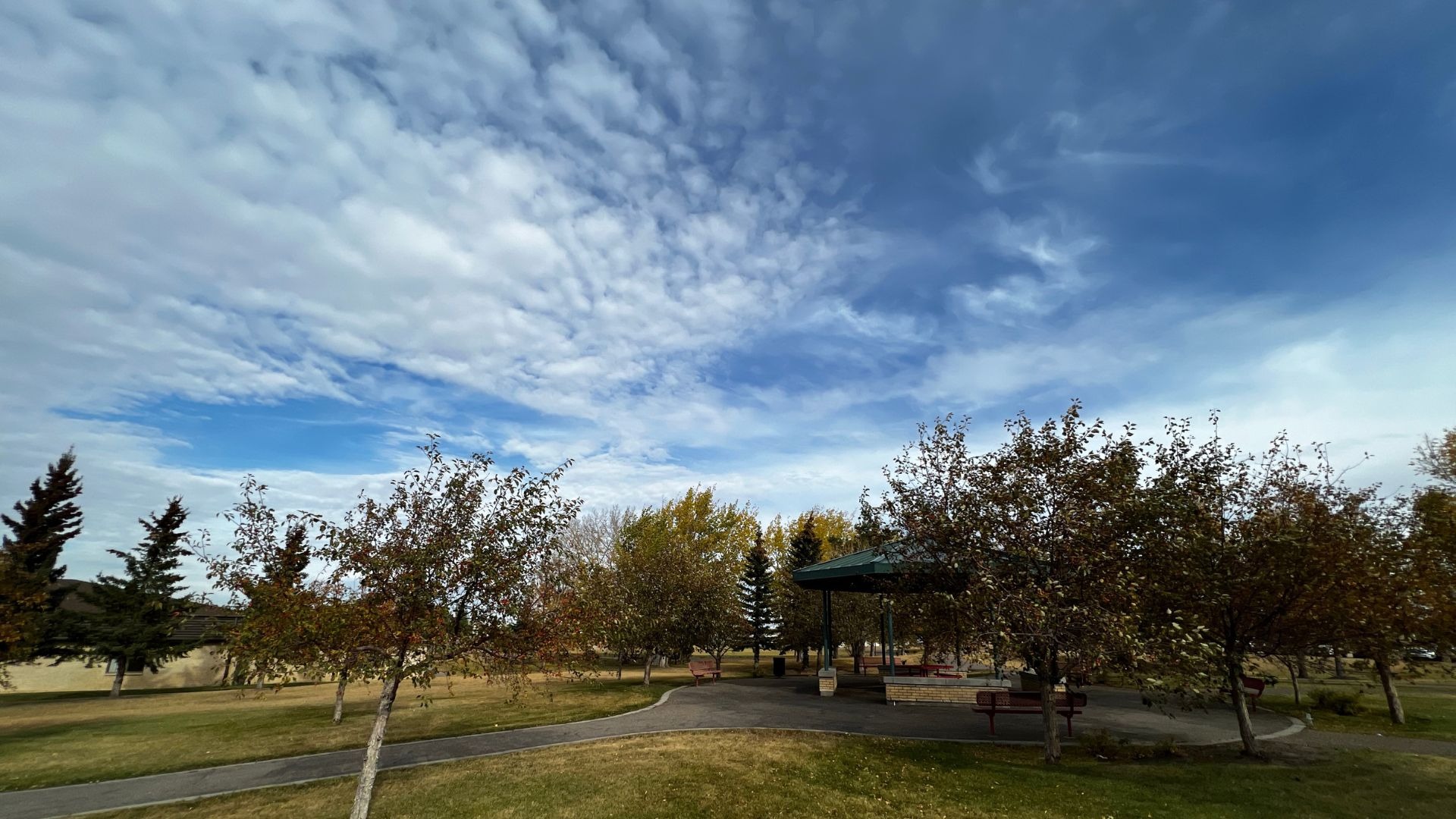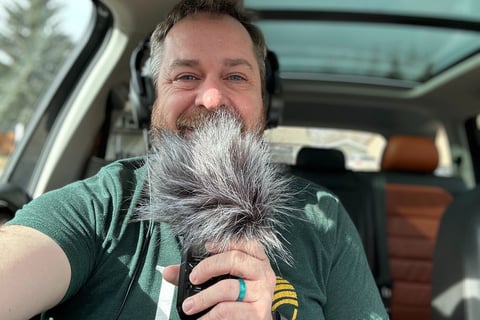
On Computational Thinking: A Perspective From Rural Saskatchewan
Stephen Hadden
Educational Technology and Design, University of Saskatchewan
ETAD992: Project
Dr. Paula MacDowell
Podcast Notes
This podcast explores computational thinking from the perspectives of a rural educator in Saskatchewan. After teaching for over 10 years in Saskatchewan I have some thoughts on the opportunities and challenges around further inclusion of computational thinking, coding, and computer instruction in the classroom. The opportunities and challenges are not going to be the same for all rural teachers but I hope this content will encourage you, challenge you, or make you feel more comfortable with technology instruction and with computational thinking.
With the prevalence of technology in our societies and schools, students should have the opportunity to develop skills with all tools that we provide for them. Computational thinking is a way for students to learn to be better problem solvers and navigate the best solutions which increasingly need to include technology.
Please explore the episode notes for transcripts of each podcast, along with links to documents and various resources associated with the episode content. The bibliography of articles referenced in each podcast can be found in the Episode Script documents.
“Computational Thinking is the thought processes involved in formulating problems and their solutions so that the solutions are represented in a form that can be effectively carried out by an information-processing agent”
- Jan Cuny, Larry Snyder and Jeannette Wing (Demystifying Computational Thinking for Non-Computer Scientists, 2010)
Episode 0 - Introduction
Hello, and welcome to this series of episodes on computational thinking and education in rural Saskatchewan. I'm Stephen Hadden, and this is my final project for my graduate studies in Educational Technology and Design at the University of Saskatchewan.
Episode 1 - What is Computational Thinking?
If we can get computers to provide solutions to our problems, then it is probably a good idea for all of us to think about how computers work and how computers arrive at the conclusions that they do. It is not about understanding how computers think (because they do not think without input), but more about how we think, how we use our devices to make things better or solve things that need solving.
Episode 2 - Interview: Kim Fick
Kim Fick, a superintendent of education for the Sun West School Division sat down with me earlier this year. Kim was our principal until the end of last year, so I wanted to ask about her recent experiences working with other schools across the division.
Episode 3 - Why Computational Thinking for Elementary Students?
For me, exploring ways of using computers to be creative, to communicate through media, to understand mathematics better, or to build robots is hopefully inspirational.
Episode 4 - Interview: Melissa Lander
Melissa is a learning consultant in Sun West School Division, she is responsible for curriculum and instruction. It is very fitting to have our instruction consultant share on what might be important about computational thinking.
Episode 5 - Teacher Education and Comfort with Computational Thinking
My interviewees, my research and my experience all point out something similar - time is short in an educators day, and computational thinking for many teachers is kind of intimidating. How can we feel comfortable as educators to include coding, or other forms of computational thinking into our days? - Lets explore.
Episode 6 - Interview: Dean Elliott
A wealth of knowledge on all things science instruction in the province, Dean walks us through some of his story, and the story of SaskCode - a Saskatoon based organization that is helping to provide tools, lessons, and professional development for coding, robotics, and computational thinking instruction in the province.
Coding and Educational Organizations
Episode 7 - Tools for Computational Thinking
Fun tools, fun tools, Fun tools.
This final episode showcases many different tools that I have included in my practice. I also have a few things that I am still figuring out how to incorporate.
Digital Music
Coding
Robotics and Microcontrollers
Unplugged Activities


A great place for quiet.